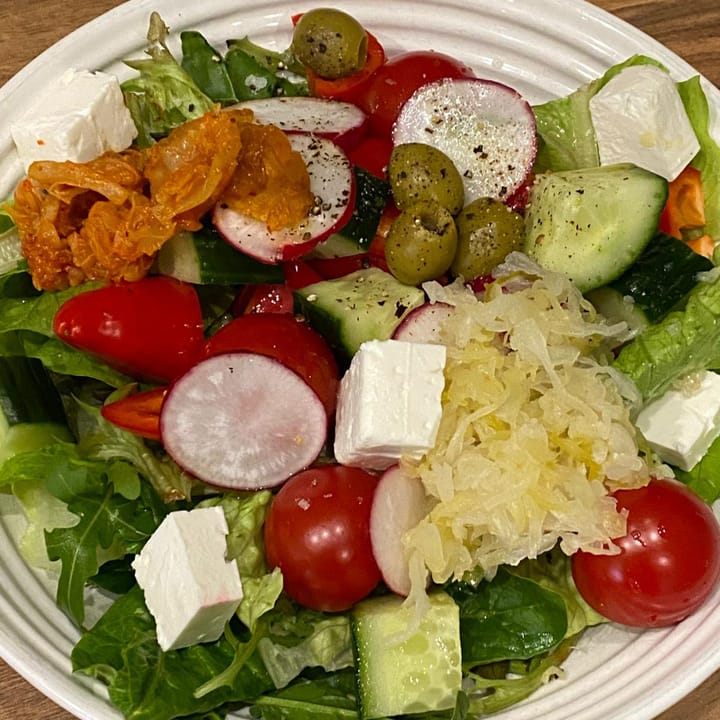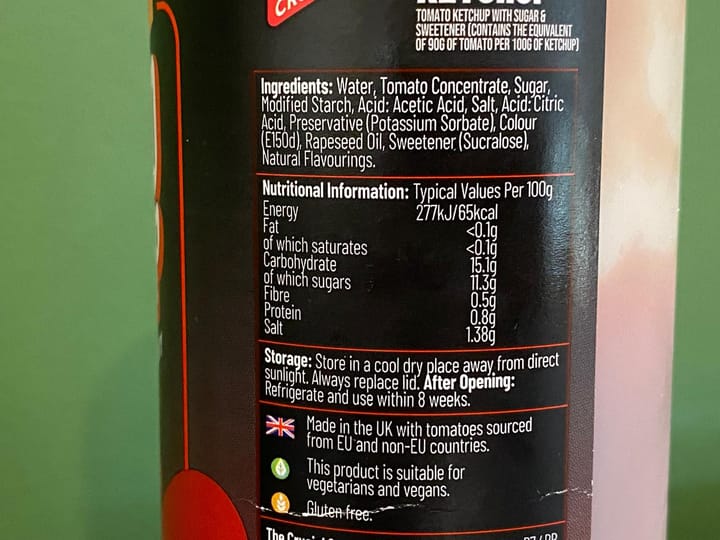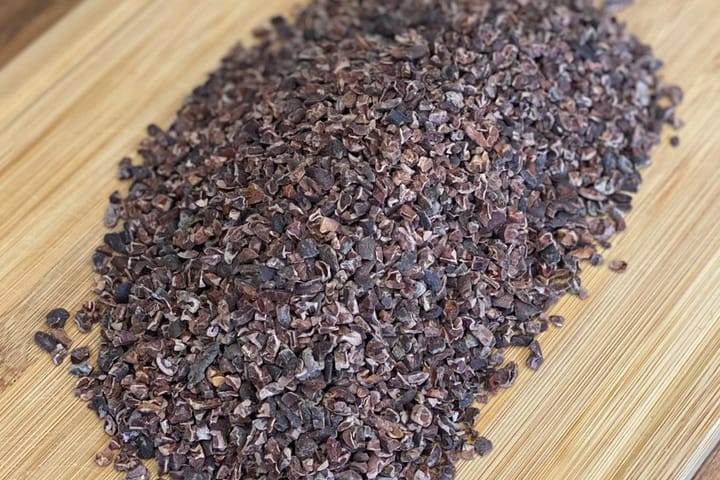Diet Coke & Cephalic Phase Insulin Release
I look at the implications for Diet Coke and electrolyte sources.
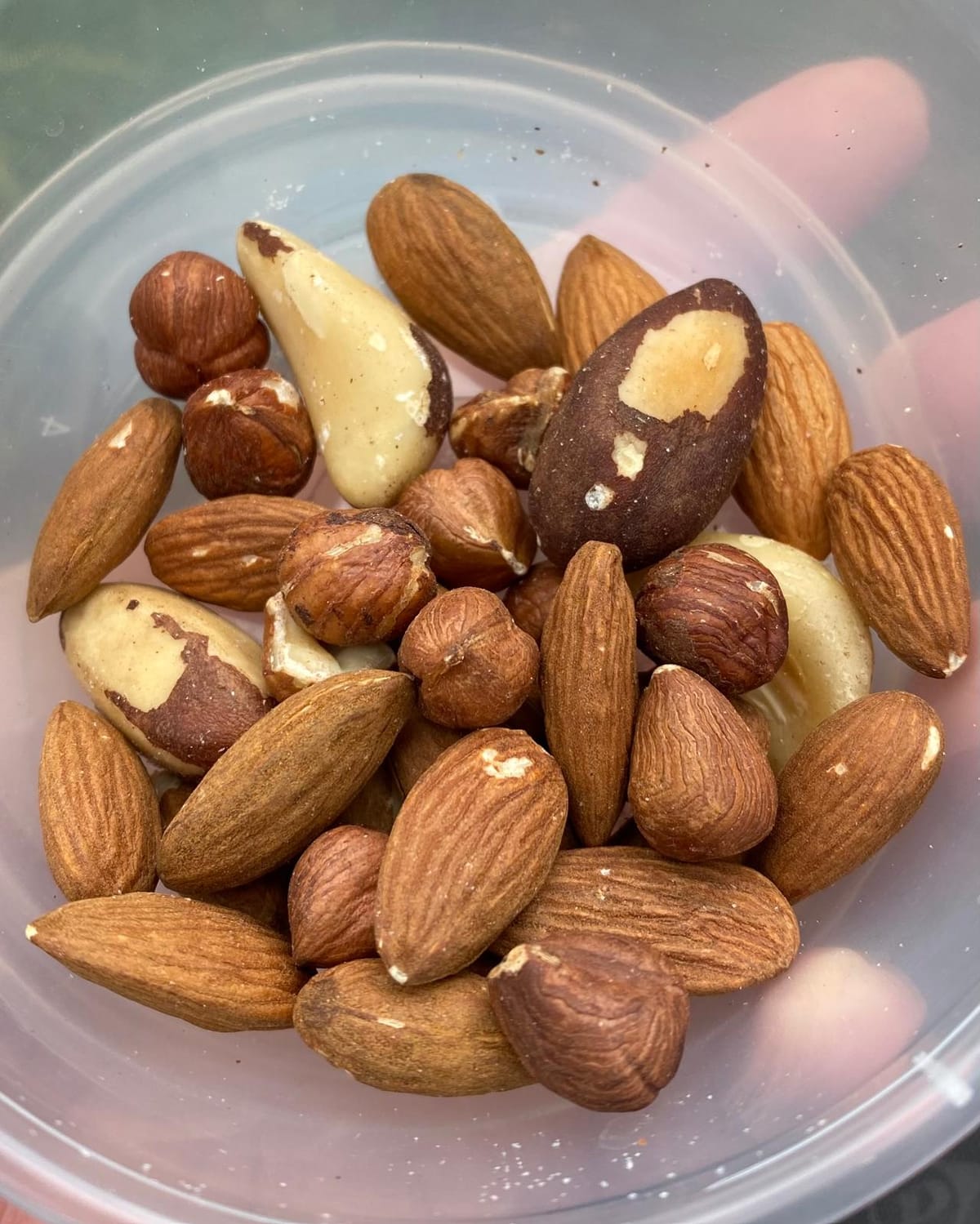
What I learned this week #5
I've always been suspicious of artifical sweeteners causing insulin spikes without any sugar for it to act on and that causing general metabolic chaos. I used to be a big Diet Coke addict. I've generally stopped drinking the stuff now, but do occasionally attempt to have one as a mixer with whisky. I find myself struggling to finish a can now as I find the mouthfeel unpleasant and generally get a stomach ache about half way through.
Well, I finally decided to look it up and this idea is known as Cephalic Phase Insulin Release (CPIR). 'Cephalic' refers to something happening in the head (not just the mind, but that is a part of it). The cephalic phase of eating is everything that happens before you swallow your food or drink - e.g. hormonal responses to anticipated food intake, salivating, smelling, tasting etc. and CPIR is the release of insulin in preparation for an increase in glucose levels purely from anticipation and taste.
Disrupting the normal brain-gut connection is likely linked to metabolic disorders. I've generally put this down to gearing up your digestive system ready for energy and nutrient intake that never arrive. This isn't just about insulin; all of your cells are telling your brain that you're hungry and you're replying with a failed promise of nutrients that never turn up, putting you into a cycle of craving food. At least with sugar in fizzy drinks, you're actually getting some energy, but diet drinks are likely to make you feel even more hungry and I expect that is the main reason they drive type 2 diabetes and obesity just as much as their full-sugar counter parts.
So apparently sucralolse and saccharin have been shown to cause small amounts of CPIR but aspartame and acesulfame K apparently do not (I'm not entirely convinced). The later two are the sweetners used in Diet Coke in the UK so this would initially seem to let them off the hook as far as type 2 diabetes and insluin resistance is concerned but I hadn't realised just how acidic it is...
The pH of Diet Coke is around 3.2 which is due to it's contents of phosphoric and citric acid. This means that it can cause tooth decay and has other health implications around blocking calcium absorption in bones and disrupting phosphorous balance. Some studies have also linked phosphoric acid to increased risk of kidney disease and it could also be damaging the lining of the intestines which would contribute to leaky gut syndrome, but the main issue I'm worried about is it's impact on the gut microbiome. Phosphoric acid can lower the pH of the intestinal home of your gut microbes and that can cause harm to beneficial bacteria as well as encouraging the growth of more harmful acid-tolerant species... all of which seems to be a plausible explanation of my stomach ache response to it.
Mineral water and electrolytes
I'm deeply suspicious of any form of artifically created powders and supplements generally marketed at young men looking to bulk up and women concerned about keeping trim as an important elixir of substances that they can't possibly get from normal food.
In the movie Idiocracy, Luke Wilson's lead character, Joe wakes up after being cryogenically frozen for 500 years and discovers the world is now populated by idiots and the president is a WWF wrestler. Joe's intelligence is viewed with deep suspicion and he's generally ridiculed for his non-compliant attitudes until he becomes a national hero for helping to re-establish successful crop growth by giving the plants water instead of the future equivalent of Gatorade.
This is an extreme example of how an obsession with electrolytes could get out of hand but it's always in the back of my mind whenever people are touting something that should already be provided by our species-specific natural diet. The probelm is that homo-sapiens are the only creature on Earth, both inteligent and yet collectively stupid enough to both forget what that diet is, and possibly have hunted and/or selectively bread it to extinction.
Mineral water
Having a limited selection of non-alcoholic options on just about any restaurant or bar drinks list, I ended up trying a sparkling mineral water last week after a countryside walk and noticed the nutritional information label listed electrolytes rather than normal macros (fat, protein, carbs). The Harrogate Spring Water one I had contains around 57mg of calcium and 19mg of magnesium (which is around 4% of RDA). San Pellegrino is apparently is also a good source of these minerals as well. Caclium, as most people know, is good for bone growth and magnesium is important for brain function.
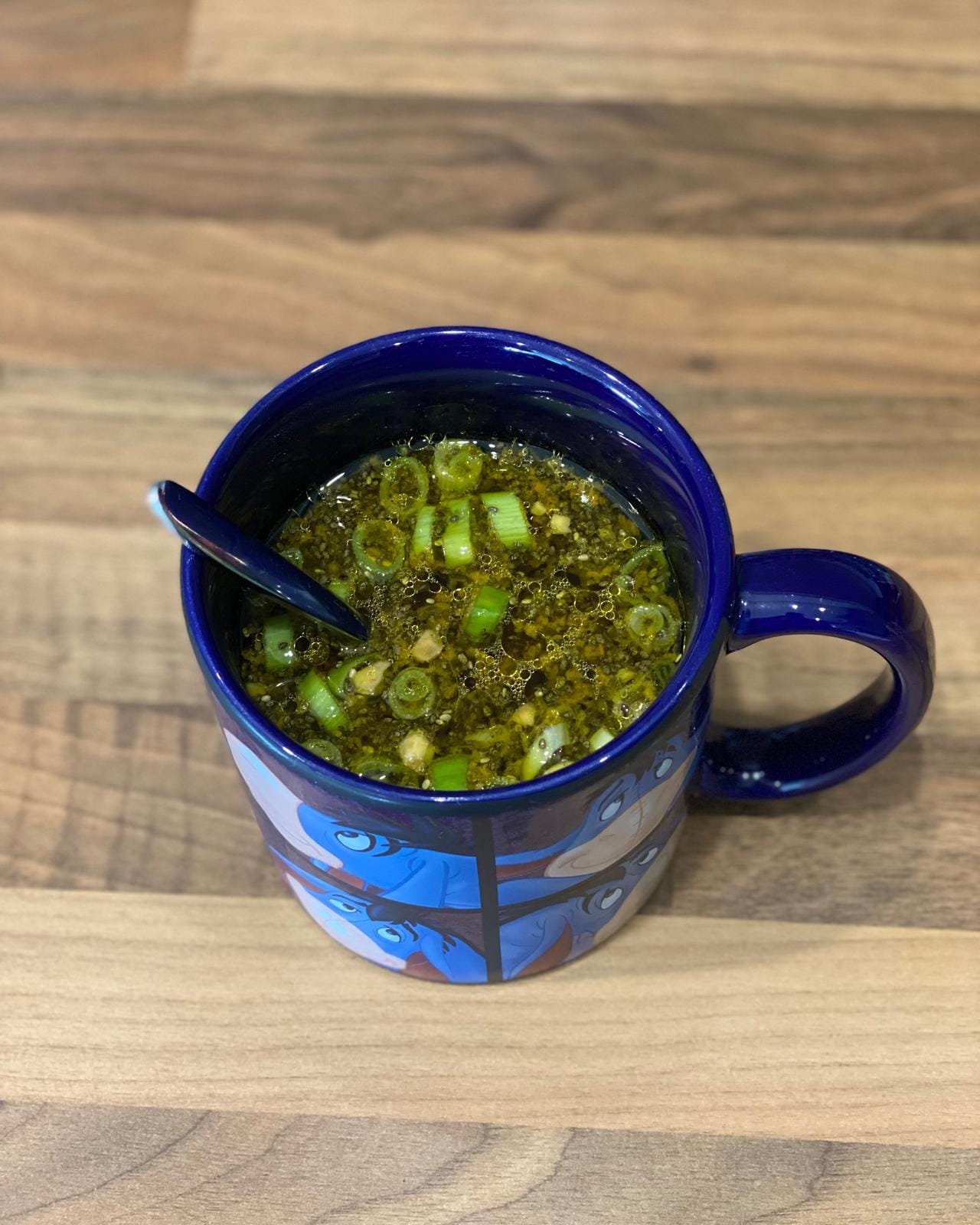
Food sources of electrolytes
Bone broth & chia seeds
Organic, grass fed bone broth is one of my go to lunches and has little-to-no impact on glucose levels. Adding a tablespoon of chia seeds gives an impressive variety of electrolytes (%RDAs):
Sodium & choloride 30% (I also add a tablespoon of soy sauce)
Potassium 7%
Phosphorous 28% (largely from chia seeds)
Calcium 15% (largely from chia seeds)
Magnesium 15% (largely from chia seeds)
Nuts & seeds
You can easily boost your daily electrolytes by including more nuts and seeds into snacks and meals. They're generally very low carb but be wary of macademias, cashews and peantus (which are techincally legumes). Pumpkin seeds, almonds and cashews are high in magnesium. Almonds are also a good source of calcium. Walnuts and brazil nuts are high in phosphorous and potassium. Flaxseed also contains a high level of AHA omega-3 fatty acids.
Chia seeds also pack a lot of fiber so they can be included with a lot of meals. It's best to soak them in water or add to liquid parts of a meal so that their nutrients can be more easily absorbed.
Legumes
Chick peas, lentils, black/kidney/pinto/soy beans all pack around 25-40% of RDA of phosphorous per 100g. Soybeans also contain around 40% of your daily calcium and 30% magnesium needs so if you're avoiding nuts or dairy, they are going to be a essential option. Legumes also contribute towards potassium and magnesium.
Avocados, bananas and spinach
Bananas are know for being high in potassium, as are avocados and spinach which also score highly for magnesium. Bananas are high sugar for type 2 diabetics but might be a good option for periods of intense exercise.
Dairy
As a general rule, the more fermented it is, the more concentrated the micronutrients are. Milk and it's fermented derivatives provide a large dose of calcium but also phosphorus and contribute a little towards potassium and magnesium. Hard cheeses, especially parmesan, have the highest levels of each. I try to stick to full fat, Greek yoghurt and organic, non-homogenised milk. Fermented dairy is also an excellent source of C15 and C17 fatty acids which can help to improve insulin sensitivity.
Eggs
A typical large egg can provide around 13% of your daily phosphorus requirements. They also contain moderate levels of sodium and potassium with some contribution towards magnesium and calcium. They're also a great source of protein and provide all 9 essential amino acids that the body cannot make on its own.
Fatty fish such as sardines and salmon
Sardines can almost rival dairy if eaten with the bones. If you're opting out of dairy then a fish stock including sardine bones is a good option. Fatty fish are also good sources of potassium and phosphorus. They're also rich in omega-3 DHA fatty acids which you generally cannot get from plants so pescatarian might be good if you don't want to eat other meats. Your only DHA option for vegans is going to be algae oil or similar supplements.
Fatty red meat and poultry
100g of beef or lamb can contribute to around 30-35% of your daily phosphorous needs and around 8% each of potassium and magnesium. Unlike omega-3s which are mostly contained in the fatty parts of these meats, electrolytes are almost entirely found in the muscle tissue.
Poultry meats also contain around 35% of your daily phosphorous needs and 8% potassium but have much lower omega-3 fatty acids and no DHA.
Dark chocolate
Chocoholics rejoice! Dark chocolate is a suprising bounty of electrolytes. 100g can provide 80-90% of your daily magnesium making it a stellar food for brain function, 100% of your iron requirements, over 50% RDA of phosphorous and 20% potassium. It also contains flavanols which help with blood pressure and vascular health as well as zinc, fiber and mood-boosting compounds. Just make sure you get at least 85% cocoa content for all the nutrients.
Coconut water
Coconut water is a good option as a more natural replacment for electrolyte sports drinks. It is a good source of potassium and magnesium and also contains all of the other electrolytes in a decent amount. It does contain sugar so you need to balance consumption with blood glucose control so might be best to save this for intense exercise sessions.
Watch my milk and electrolyte rant 😅

Sponsored
I struggled to find where to buy non-homogenised milk locally and eventually found The Modern Milkman. Their organic whole milk in my area is non-homogenised so I've been getting milk and eggs from them for two yeas now. Use this link to get 50% off your first two weeks and they'll give me 50% off my next delivery as well. Cheers!
